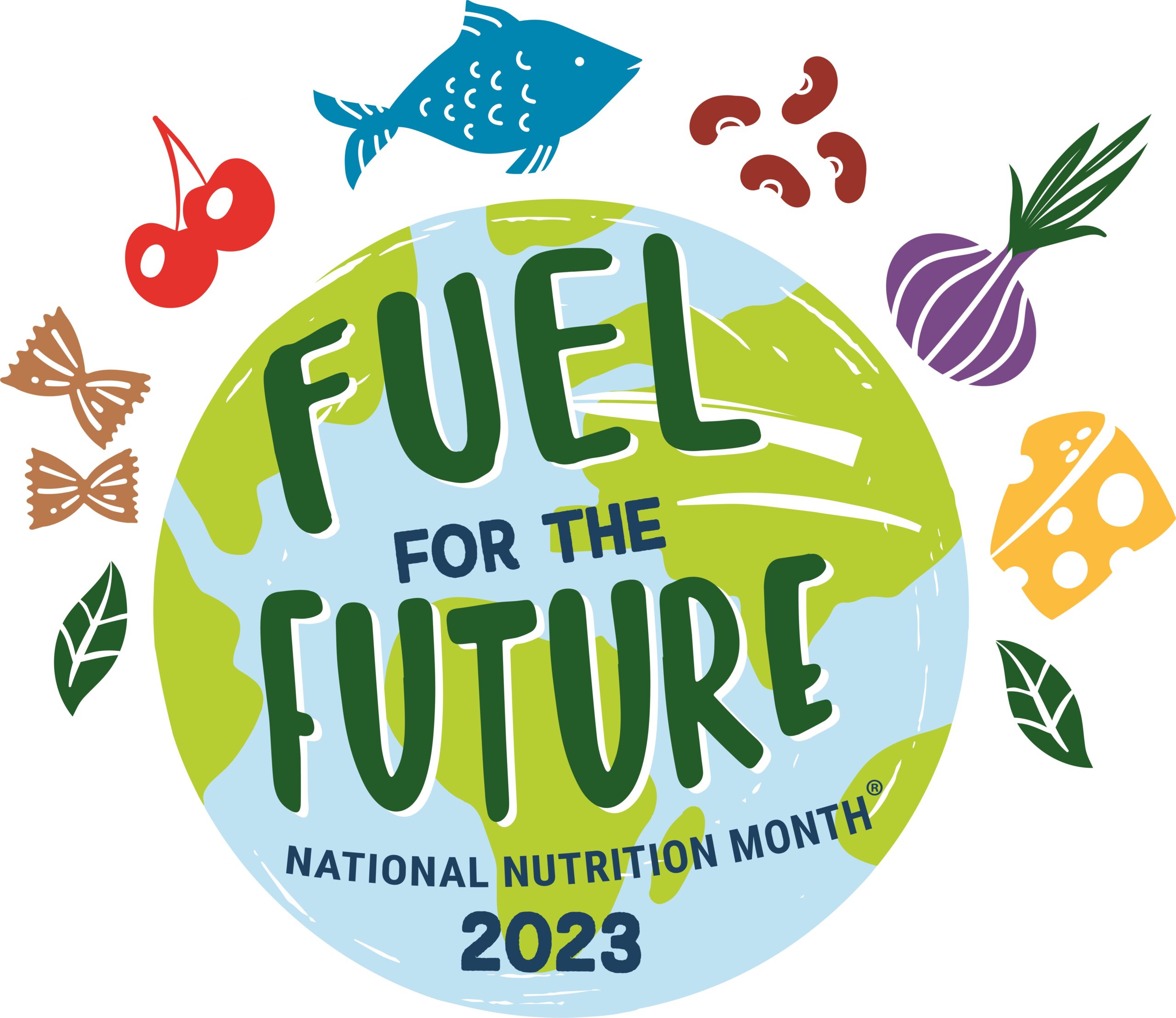
March is National Nutrition Month®, sponsored by the Academy of Nutrition and Dietetics. This annual celebration invites everyone to make informed food and lifestyle choices to promote their health. The Leukemia & Lymphoma Society supports the important messages of this event. Good food is crucial for patients with cancer.
This year’s theme is “Fuel for the Future,” fuel being the key word. How we nourish our bodies today influences our future health and the viability of our food supply. Good fuel is vital for cancer patients; up to 80% of patients become malnourished during treatment.1 Let’s unpack strategies to support access to healthy foods today and tomorrow.
Eat with the environment in mind. Buy foods in season. Shop with local vendors and at farmer’s markets. The food travels less distance to market, reducing the carbon footprint. Buying food with minimal packaging also helps. Plant a garden, even if it’s potted plants on your patio. Choose more plant-based foods, which in addition to supporting the environment also supports good health. Talk to a registered dietitian to learn more tips.
Through LLS’s PearlPoint Nutrition Services® patients and caregivers of all cancer types can receive a free nutrition consultation with a registered dietitian who has expertise in oncology nutrition.
For general nutrition information, view, or order LLS’s free Nutrition Handbook: Feeding your family from meal planning to mealtime.
Advocate for good nutrition for all people, regardless of age, location, health and abilities. Adequate nutrition at the right time during cancer care can support the patient’s strength, reduce risk of infection, better manage side effects, improve quality of life, and help reduce treatment interruptions. Access to healthy food becomes a competing need along with paying rent, utilities, and medical co-pays during cancer. Promote access to good food and counseling from a Registered Dietitian Nutritionist (RDN). Good nutrition during cancer treatment can help patients maintain strength, reduce the risk of infection, manage side effects, improve quality of life, and avoid treatment interruptions. However, it may be difficult for patients to access healthy foods. For example, patients may be under financial strain because of medical bills and reduced income because of time away from work. Or, patients may not feel well enough to grocery shop and prepare meals.
View LLS’s free fact sheet Food Assistance Resources and Tips.
Take action to fill the food gaps in your community. Hunger and food insecurity impact people of any gender, age or race. Check out the Food Environment Atlas from the U.S. Department of Agriculture (USDA). The map displays the factors that can influence food choices and access to food. For people with a cancer diagnosis, it is even more complicated. An estimated 17% to 55% of cancer patients struggle with food insecurity.
What can you do to help? Assess the needs and resources in your area. Donate to a food pantry or volunteer at a soup kitchen. If you know someone with cancer, offer to bring them a home-cooked meal or pick up their groceries.
If you or a loved one has been diagnosed with cancer, schedule a free one-on-one nutrition consultation with an LLS registered dietitian. Our nutrition services are for all cancer types, not just blood cancers. Learn more about our nutrition strategies to fuel your body and cancer resources on our website and Information Resource Center for blood cancer here at The Leukemia & Lymphoma Society.
Food Assistance Resources and Tips
Food Labels: What Do They Really Mean?
References
- Walsh D, Szafranski M, Aktas A, Kadakia K. (2019). Malnutrition in Cancer Care: Time to Address the Elephant in the Room. Jour of Onc Prac, 15(7), 357-359.

The article on the importance of nutrition in cancer recovery by PearlPoint was eye-opening. It highlights the need for cancer patients to focus on healthy eating habits to help their bodies recover and build strength. Thank you for shedding light on this critical aspect of cancer care.